Forged fittings have become an essential component in industrial piping systems due to their robustness, durability, and ability to withstand demanding conditions. These fittings are manufactured through a forging process that involves shaping metal under high pressure, which enhances the mechanical properties of the material. As a result, forged fittings offer greater strength and resistance to wear compared to cast or fabricated alternatives, making them suitable for a wide range of industrial applications.
One of the key advantages of forged fittings is their suitability for systems that operate under high pressure and temperature conditions. Industrial environments such as chemical plants, power generation facilities, and manufacturing sites frequently require piping systems that can handle these stresses safely and reliably. Forged fittings, due to their dense and uniform grain structure, provide reliable fatigue resistance, which helps to prevent failures that could advance to costly downtime or hazardous leaks.
In particular, forged fittings are widely used in systems involving compressed air. A critical component in these setups is the compressed air non return valve, which ensures that air flows in only one direction and prevents backflow that can damage equipment or reduce system efficiency. Forged fittings help provide secure and leak-free connections in such valves, maintaining system integrity even under fluctuating pressure levels. Their reliability is especially important in compressed air networks where maintaining consistent pressure and avoiding contamination is vital.
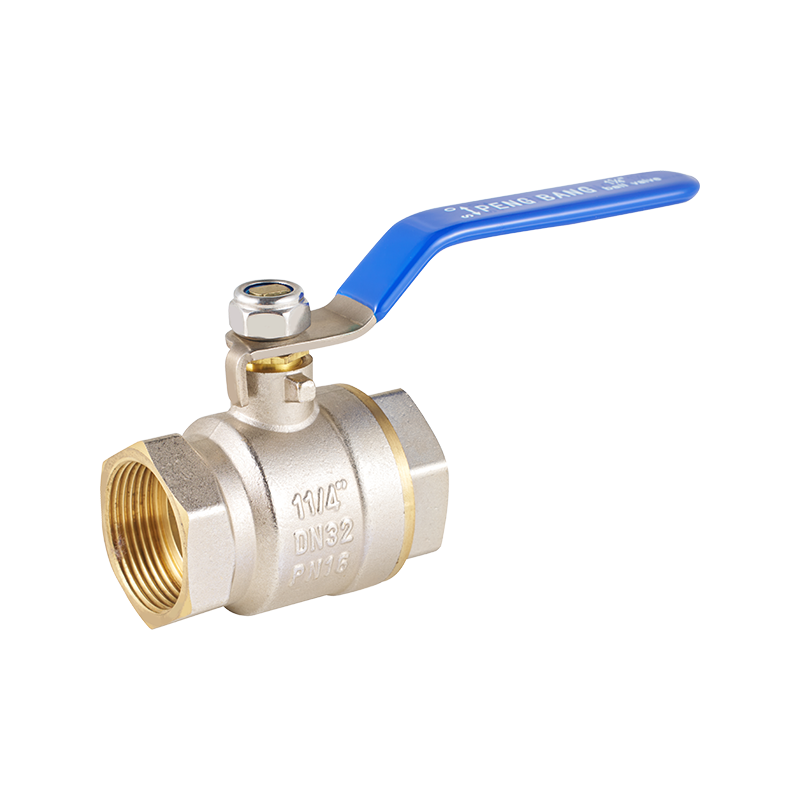
Another common use of forged fittings is in hydronic systems, where precise control of water flow and pressure is necessary for heating and cooling applications. Within these systems, a hydronic pressure reducing valve plays a vital role by regulating the pressure to desired levels to protect downstream components and maintain operational efficiency. Forged fittings contribute to the dependable installation of these valves by offering robust threaded or welded connections that withstand the cyclical pressures typical of hydronic circuits.
Safety is also a major concern in industrial piping, especially when working with hazardous or flammable gases such as hydrogen. Hydrogen check valves are installed to prevent reverse flow and potentially dangerous leaks in pipelines transporting hydrogen gas. Forged fittings used in conjunction with these valves ensure a strong, leak-resistant connection capable of enduring the unique stresses caused by hydrogen's small molecular size and high diffusivity. The reliability of forged components in this context is crucial for preventing accidents and maintaining safe operations.
Beyond these specific applications, forged fittings are favored for their versatility. They are available in various shapes—such as elbows, tees, reducers, and couplings—and can be manufactured from different materials, including carbon steel, stainless steel, and alloy steel, depending on the requirements of the industrial process. This flexibility allows them to be used in a wide variety of piping configurations and environments.
Installation and maintenance considerations also make forged fittings appealing. Their precise dimensions and smooth surface finish help to ensure tight seals and easier assembly. Additionally, the inherent strength of forged fittings reduces the likelihood of damage during installation or operation, lowering the frequency of maintenance and replacement activities. For industrial operators, this translates to better uptime and reduced overall system costs.
In industries where regulatory compliance is mandatory, forged fittings are often favored because they meet stringent standards for pressure equipment. Their consistent quality and material integrity support adherence to safety codes, which is a critical factor for engineering teams designing complex piping networks.
In summary, forged fittings provide a reliable and durable solution for industrial piping systems across many sectors. Whether it is securing compressed air non return valves, ensuring proper functioning of hydronic pressure reducing valves, or maintaining safety with hydrogen check valves, these fittings contribute significantly to the performance and safety of piping installations. Their mechanical strength, resistance to wear, and ability to withstand harsh conditions make them a practical choice for engineers and maintenance teams seeking dependable piping components.


 English
English русский
русский Español
Español عربى
عربى
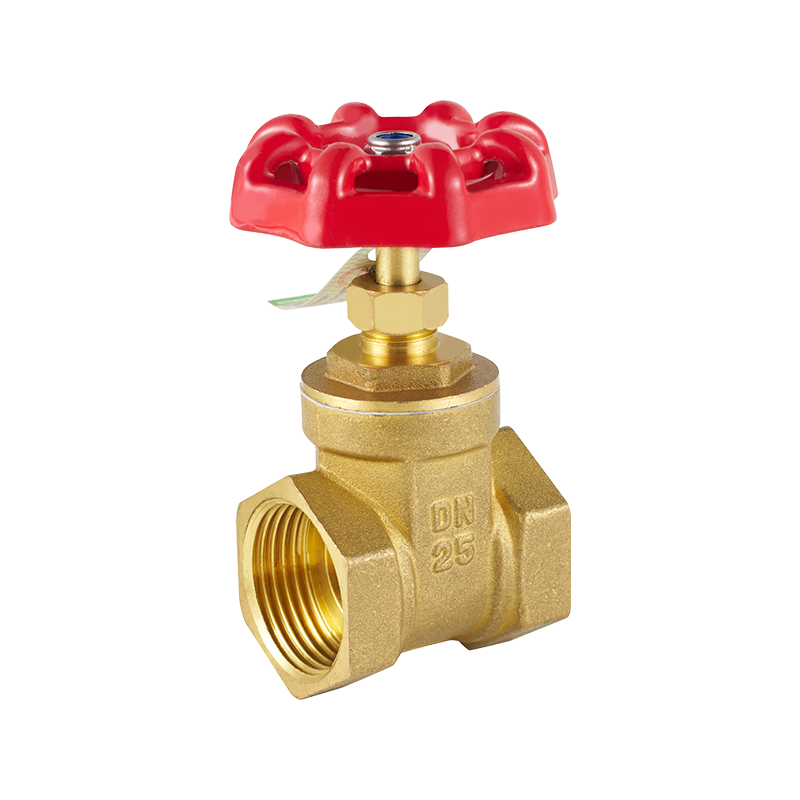
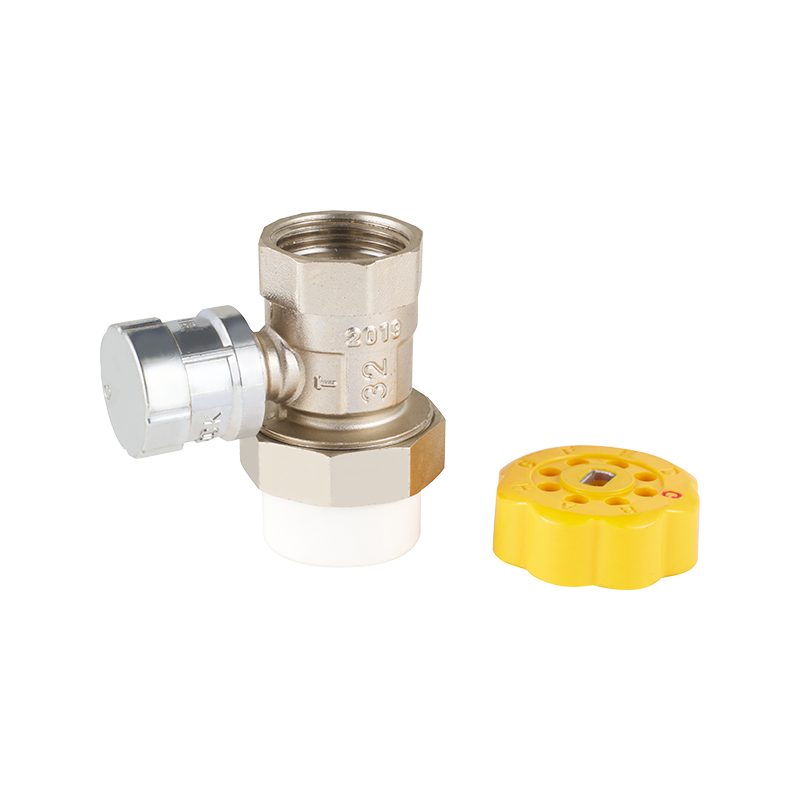
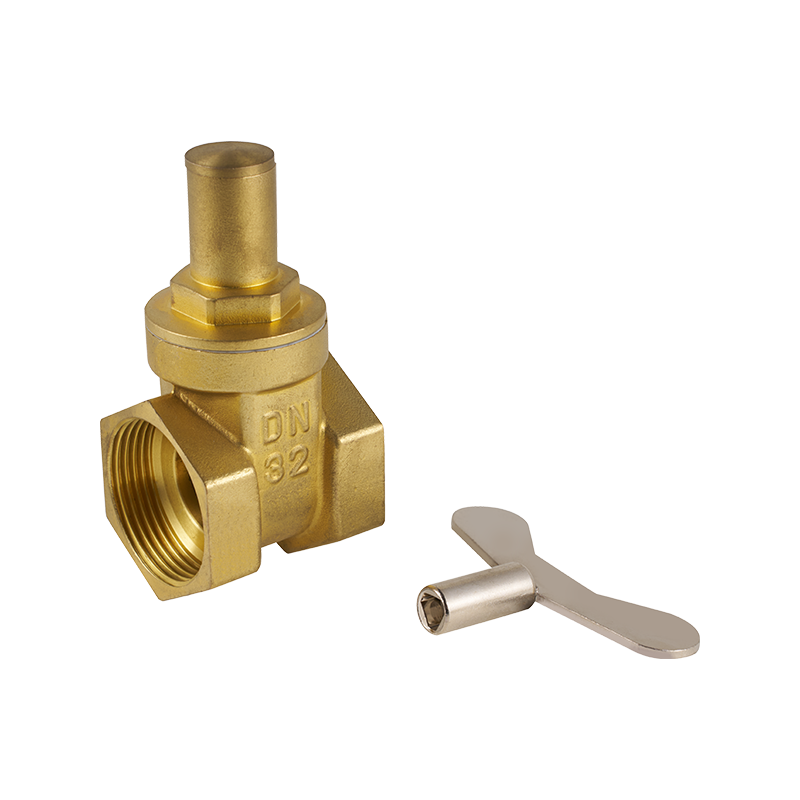

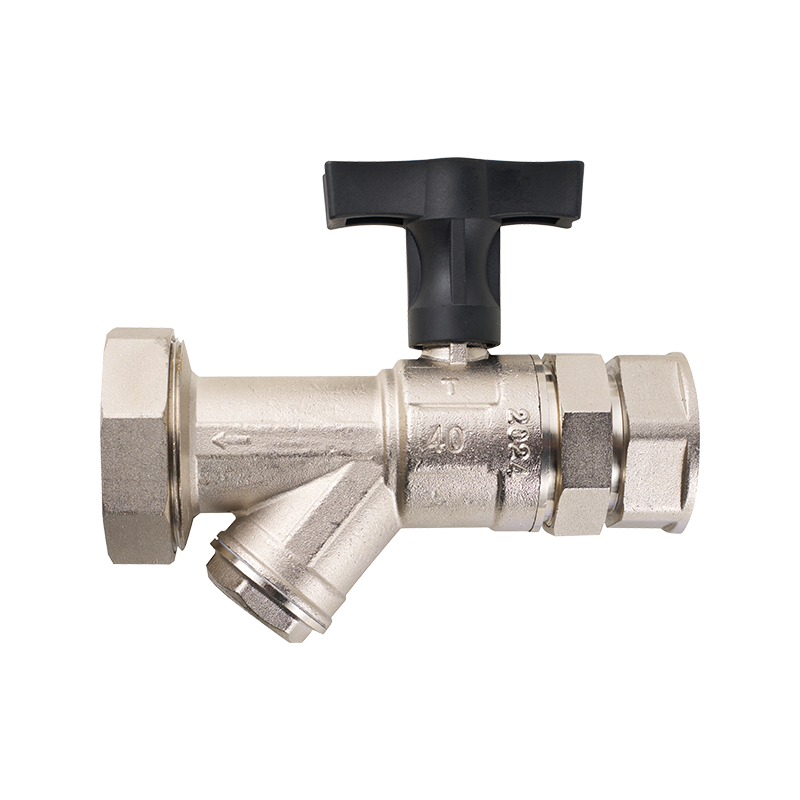

 CONTACT US
CONTACT US